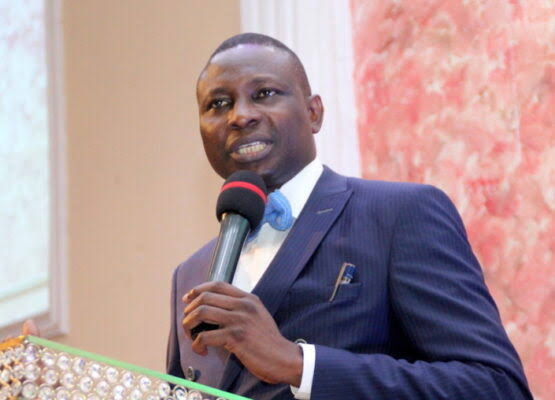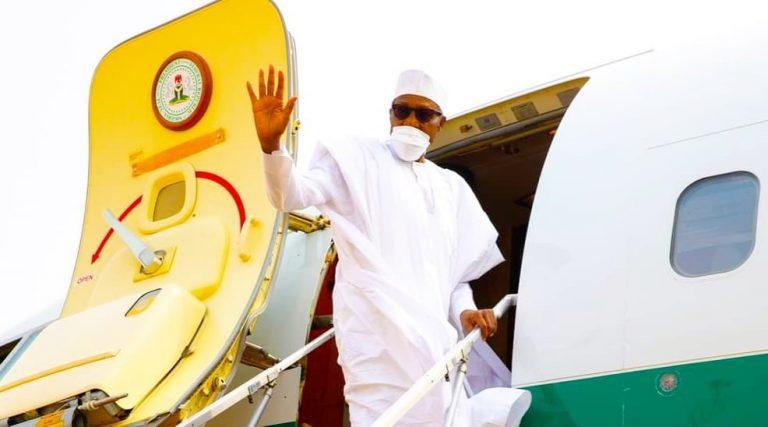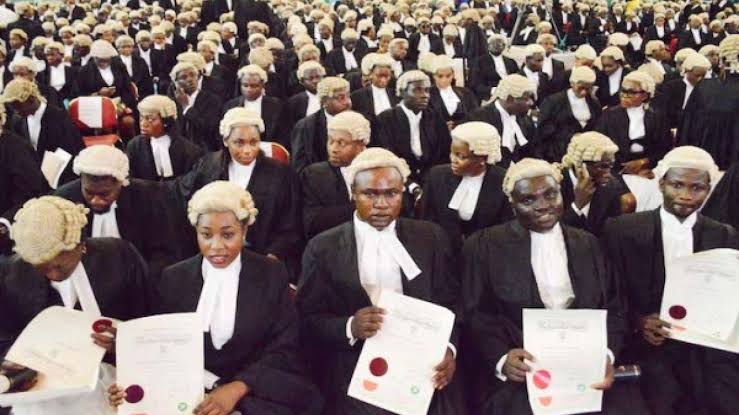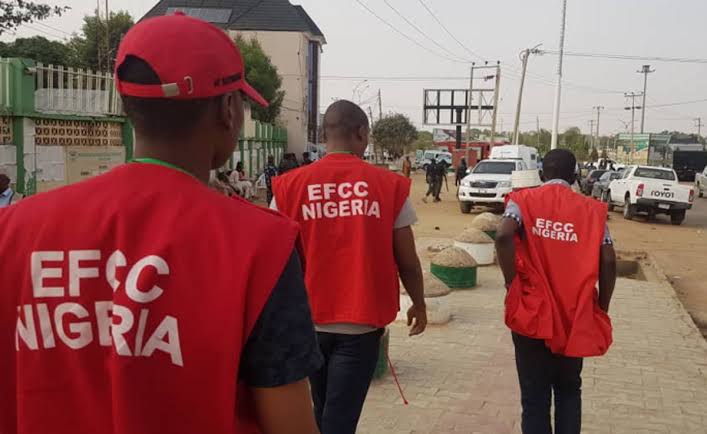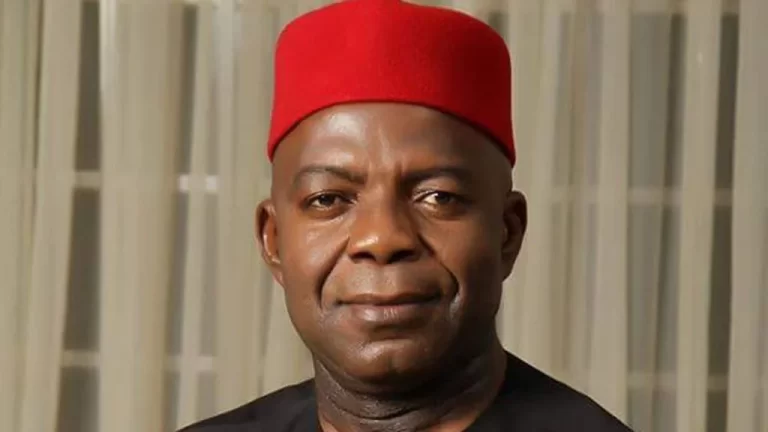EFCC warns of escalating virtual asset, investment scams
Mr. Ola Olukoyede, the Chairman of the Economic and Financial Crimes Commission (EFCC), has raised serious concerns about the rising threat of virtual asset and investment scams throughout Africa.
His remarks came during a public lecture at the Sinclair Hotel in Ilorin, Kwara State, in observance of the 2025 African Union Anti-Corruption Day.
“Fraudsters are increasingly leveraging digital technologies to exploit unsuspecting investors,” Olukoyede stated, as he addressed attendees through the EFCC’s Ilorin zonal director, Mr. Daniel Isei.
The annual anti-corruption event, celebrated every July 11, aims to raise awareness about corruption’s dangers and foster collective action to tackle the issue.
In his address titled “Understanding Virtual Assets and Investment Scam,” Olukoyede explained that Africa’s fight against corruption is being compromised by a surge in illicit financial flows, particularly money laundering and virtual asset fraud. “Technology is advancing rapidly,” he noted. “While virtual assets were created for legitimate financial innovation, criminals are exploiting them for money laundering and fraudulent investments.”
Olukoyede further highlighted alarming trends from recent investigations, revealing that some politicians and corrupt individuals have been hiding siphoned funds in cryptocurrency wallets to escape detection.
He cautioned investors about the growing prevalence of fraudulent schemes that promise unrealistic returns through virtual assets.
James Allison, an Assistant Chief Superintendent of the EFCC, echoed Olukoyede’s sentiments in his presentation titled “Understanding Virtual Assets and Investment Fraud.”
He pointed out how fraudsters exploit virtual assets like cryptocurrencies and unregulated investment platforms to take advantage of unsuspecting individuals, underlining the increasing vulnerability of Nigerians to these digital scams.
The Africa Anti-Corruption Day serves as a critical platform to confront the ongoing challenges of corruption and promote accountability and integrity across the continent.
Source: LEADERSHIP

